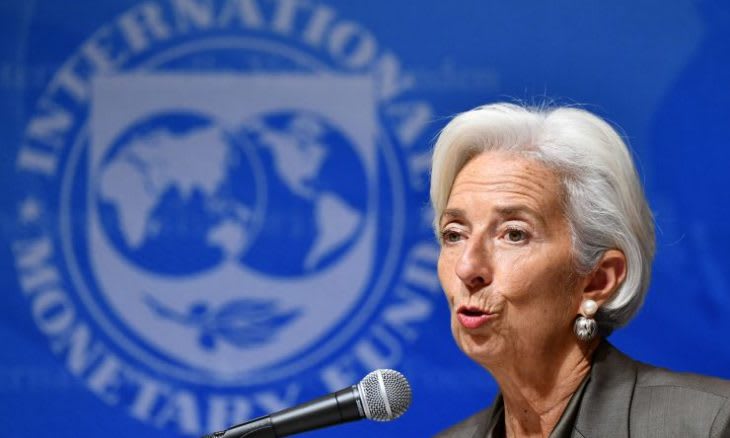President of the European Central Bank warns of escalating trade tensions.

In a speech delivered during a rare visit to Beijing, Christine Lagarde, President of the European Central Bank, warned that coercive trade policies have failed to address financial imbalances, emphasizing that the risk of mutual economic harm has become significant enough to warrant a review of all parties' policies and necessary adjustments.
This comes in the aftermath of the U.S. measures announced in April, which included imposing widespread tariffs, causing disruptions in global trade, while governments continue to negotiate with the Trump administration to mitigate the repercussions of that step.
Lagarde affirmed, during her speech at the People's Bank of China, that "all countries must take responsibility and review policies that have led to surplus in supply or demand," warning that "trade barriers and potential retaliatory responses will undermine global prosperity."
Lagarde pointed out "a sharp rise in the use of industrial policies aimed at enhancing local production capacities," noting that "interventions associated with support that distort global trade have more than tripled worldwide since 2014."
While China has relied for decades on a support system, especially in export sectors, drawing criticism that it gives its companies an unfair advantage, Lagarde highlighted that these practices are not exclusive to China, but also include other countries, especially emerging markets.
The President of the European Central Bank also emphasized the American role in exacerbating imbalances, pointing out that "the U.S. share of global demand has significantly increased in recent years, partially reflecting excessive spending in the public sector."
Lagarde saw the optimal solution in "respecting global rules more diligently," along with entering into bilateral or regional agreements based on mutual benefit, as a way to contain trade tensions and restore global economic stability.